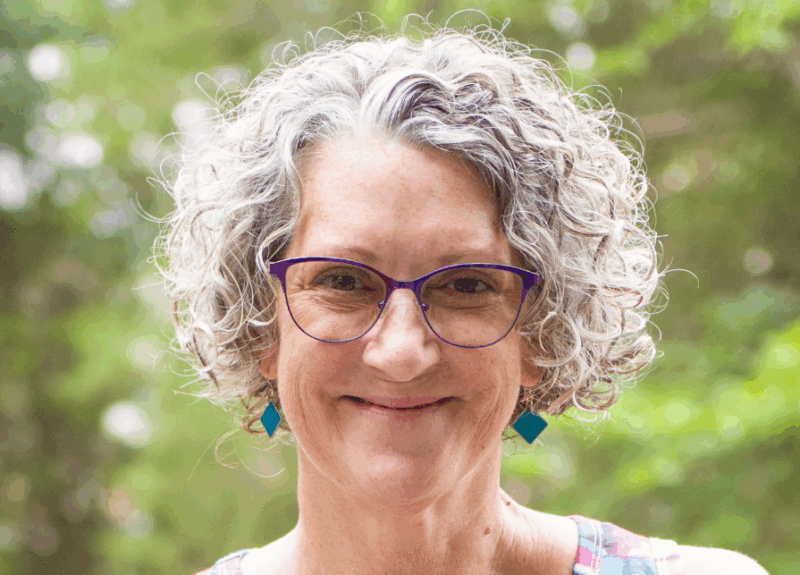
The Importance of a Second Opinion in Lung Cancer Diagnosis
Why Get a Second Opinion?
-
Peace of Mind: Confirmation of Diagnosis
A second opinion can provide reassurance and peace of mind, confirming that the proposed treatment plan is the best course of action. Lung cancer is a complex disease with various subtypes, each requiring different treatment approaches. A second opinion can confirm the initial diagnosis, ensuring that the treatment plan is tailored to the specific type of lung cancer.
-
Exploring Alternative Treatment Options
Advancements in medical science have resulted in a range of treatment options for lung cancer, including surgery, radiation, chemotherapy, targeted treatments, immunotherapy, and combination therapy. A second opinion can provide insight into other potential treatments that may be more effective or have fewer side effects. Because of the rapid advancement in lung cancer treatments, not all healthcare providers are current with these options.
-
Access to Clinical Trials
Some medical institutions may have access to clinical trials that are not widely available. A second opinion from a different healthcare provider can open up these opportunities. Clinical trials are access to tomorrow's treatments today.
How to Seek a Second Opinion
When seeking a second opinion, it’s important to find a healthcare provider who specializes in lung cancer. This could be a thoracic oncologist, a medical oncologist, or a radiation oncologist.
When consulting with the second doctor, bring along all relevant medical records, including:
- pathology reports
- imaging scans
- genomic (biomarker) testing results
This will help the doctor to understand the specifics of the case and provide an informed opinion.
3 Steps to Building a Personal Medical Record
Find a Comprehensive Cancer Center designated by the National Cancer Institute
A Second Opinion Offers Peace of Mind
While seeking a second opinion may seem like a daunting task, it is a vital step in ensuring the best possible outcome. It can provide a comprehensive understanding of the disease, confirm the diagnosis, present alternative treatment options, and offer peace of mind. Remember, it’s your health and you have the right to seek the best possible care. Your healthcare team will understand and support your decision to seek a second opinion.
Remember, knowledge is power. The more you know about your lung cancer and the available treatment options, the better equipped you will be to make informed decisions about your health.



